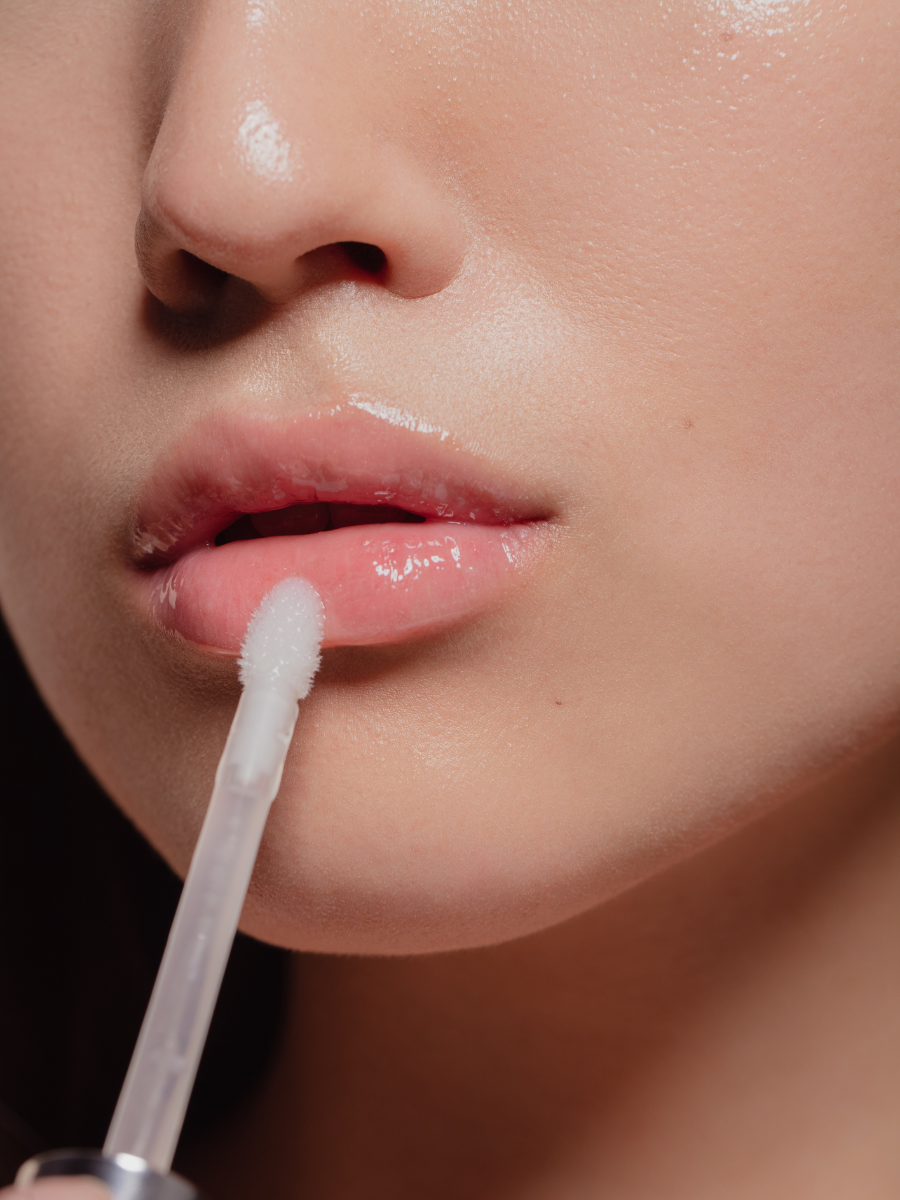New Zealand announces world first, “groundbreaking” move to ban ‘forever chemicals’ by 2026

From 2026, New Zealand is set to become the first country to ban the use of “forever chemicals” in cosmetics. The decision by the Environmental Protection Authority (EPA) comes as a measure to protect both people and the environment from perfluoroalkyl and polyfluoroalkyl substances (PFAS). These chemicals, also known as “forever chemicals” due to their indestructible nature, are commonly added to cosmetics to enhance their durability, spreadability, and water resistance.
There is a growing body of evidence linking PFAS to various health issues, including cancer, birth defects, and negative impacts on human and animal immune systems. PFAS have been detected in sources such as drinking water, sea foam, rainwater, and human blood. They can also be found in cosmetics like shaving cream and lipstick, as well as non-cosmetic products like Teflon pans and pizza boxes.
The EPA’s decision to ban PFAS in cosmetics is a precautionary measure, considering the potential risks associated with these chemicals. The ban is part of a broader approach to protect against PFAS, which includes testing for background levels of PFAS in the environment and phasing out PFAS-containing firefighting foams.
Dr. Shaun Presow, the EPA’s hazardous substances reassessment manager, emphasised the persistent nature of PFAS and their potential toxicity at high levels. The EPA conducted a public consultation in 2023, receiving 20 submissions on the proposed rule changes, including 14 from the cosmetics industry. The EPA plans to collaborate with the industry to manage the transition before the ban takes effect.
While several US states have already proposed legislation to regulate or ban PFAS, with California being the first major jurisdiction to ban all PFAS in cosmetics in 2022, New Zealand’s move is considered groundbreaking. The European Union is also working on a broader ban of these chemicals.
The new regulation could have significant implications for importers and manufacturers of cosmetics in New Zealand, as around 90 percent of cosmetics in the country are imported. Prof. Allan Blackman from Auckland University of Technology’s school of science pointed out the potential compliance requirements and the possibility of certain products disappearing from shelves after 2027. Additionally, the ban on PFAS in cosmetics raises questions about other sources of PFAS, such as non-stick cookware and waterproof fabrics.
The ban will go into effect on December 31, 2026, prohibiting the import, manufacture, and sale of cosmetic products containing PFAS in New Zealand.
